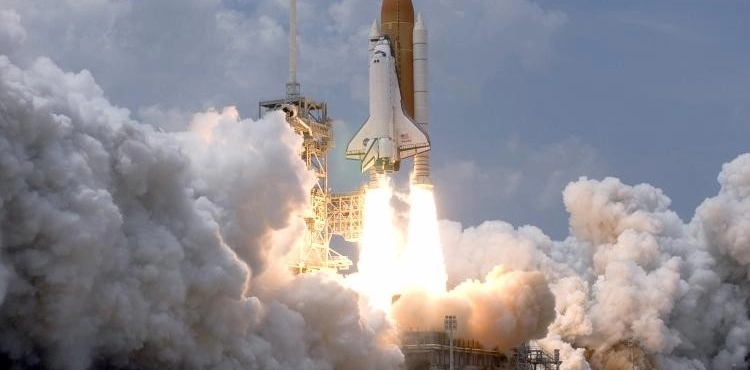Washington _ Agencies
The US Aeronautics and Space Administration (NASA) announced on Saturday that it had failed to carry out its historic journey by sending its first mission in contact with the sun, the day that coincides with a partial eclipse of the Sun "August 11."
According to the Sky News channel, the launch was delayed by one hour, before officials announced the failure of a technical test, announcing the postponement of the operation to Sunday.
NASA said the second attempt to launch the "Parker Solar prop" spacecraft will take place on Sunday at 3:31 a.m., indicating that the mission is scheduled to last seven years.
"Parker Solar-prop", which is similar to the size of the vehicle, will travel directly to the sun´s outer envelope, leaving 4 million miles to its surface, thus becoming closer to the sun, seven times that of any spacecraft, stating that the vehicle is equipped with an innovative thermal shield to protect it from the immense heat of the sun, and will send The first information of its kind is close to a star in space when it touches the solar casing called the solar anomaly.
The sophisticated vehicle will rely on measurements and imaging to revolutionize our understanding of solar system and how interactions there affect the earth.
The probe, which will carry the vehicle, was transported to the launch compound at the "Cape Canaveral" airbase on July 30, before the vehicle was placed on the missile.
The vehicle is scheduled to explore the solar aura area when the moon´s face intersects with the sun during the eclipse, while the vehicle will carry a set of tools to study the sun both remotely and in situ.
These data are expected to respond to scientists ´ questions about solar activities and interactions.












